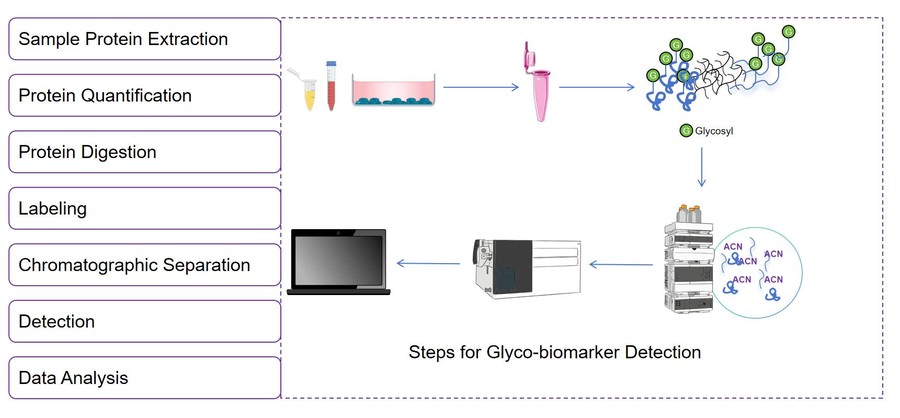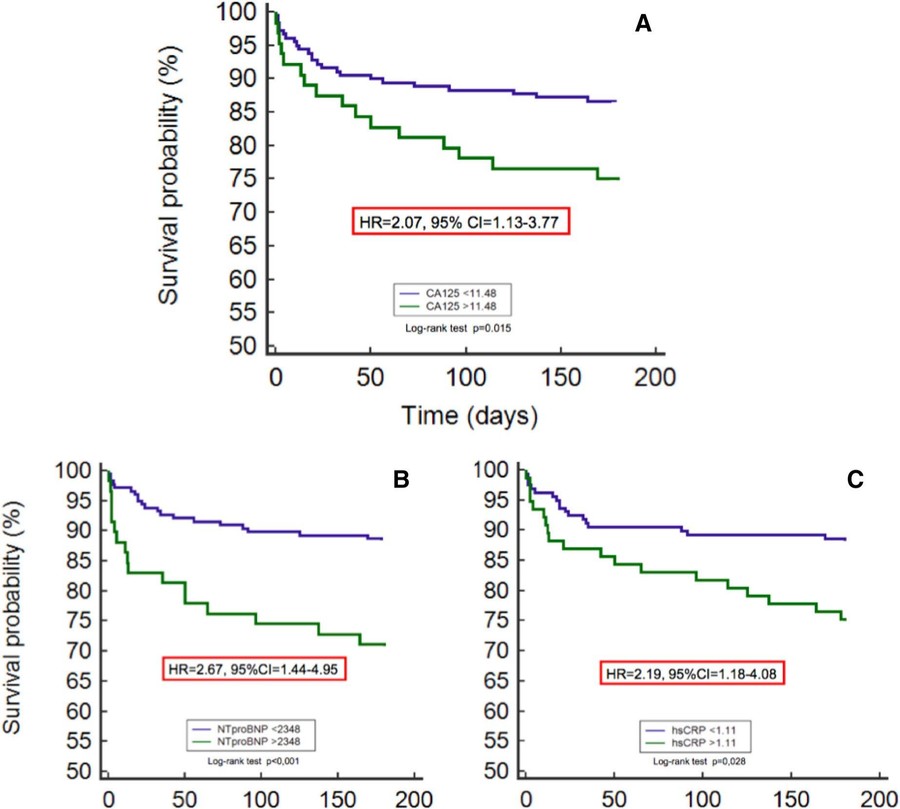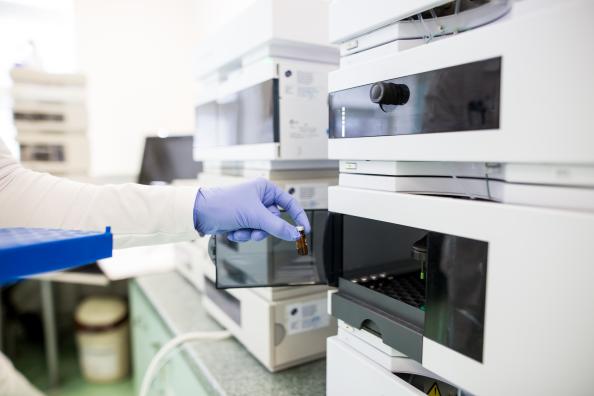


Glyco-biomarker discovery platforms at CD BioGlyco are able to process various biological samples, and the optimized technology platforms can achieve ultra-high precision to help customers advance projects more accurately and quickly. We have the confidence to provide our customers with the optimal scientific services.
Protein glycosylation is a common post-translational modification sensitive to changes in the cellular environment. Glycosylation plays an important role in most life processes, such as protein folding, cell-to-cell interactions, receptor binding, etc. Abnormal glycosylation is associated with many diseases, including cancer, Parkinson's disease and cardiovascular disease. Glycans are different from nucleic acids and proteins as genetic templates do not directly encode them. Instead, they are dynamically assembled in hundreds of enzymes through more than a dozen complex biosynthetic pathways. Any influence on enzyme activity or any environmental changes will interfere with the final structure of glycans. Ample evidence has demonstrated the presence of abnormal N-glycosylation patterns on tumor cells, and these findings have inspired the search for glycan-based biomarkers in biological samples such as serum and plasma.
Glycans can represent biomarkers, indicating diseases with high sensitivity and specificity, and show great promise in distinguishing between healthy and diseased individuals. However, due to the need for complex sample preparation, the current methods for analyzing glycans are not suitable for clinical laboratories. Levels of complexity associated with protein glycosylation are hindering its development. To transfer the valuable knowledge provided by protein glycosylation to the clinical application, advanced strategies are needed to cope with challenges such as sample preparation, sample throughput, expensive instrumentation, and difficult data analysis.
CD BioGlyco is experienced in the discovery, validation, and verification of glycan biomarkers. Our technology platforms combine traditional and new technologies to achieve ultra-sensitive detection capabilities, which can be used for single-factor and multi-factor detection of a variety of biological substrates.
CD BioGlyco offers a cutting-edge glyco-biomarker detection service, providing comprehensive and highly sensitive analysis of glycans and glycopeptides for the discovery and validation of novel disease biomarkers.

DOI: 10.1038/s41598-020-67548-8
Journal: Scientific Reports
Published: 2020
IF: 3.8
Results: This study investigated the role of CA125 in predicting 6-month all-cause mortality in patients with ST-segment elevation myocardial infarction (STEMI). By comparing the predictive efficacy of CA125 with that of N-terminal pro-brain natriuretic peptide (NT-proBNP) and high-sensitivity C-reactive protein (hs-CRP), the researchers found that patients with CA125 levels ≥11.48 U/ml had a significantly higher mortality rate. Research has found that CA125 performs similarly to NTproBNP and hs-CRP in predicting mortality, indicating that CA125 can serve as an effective biomarker for risk stratification in STEMI patients.
 Fig.1 Survival probability according to elevated levels analysis. (Falcão, et al., 2020)
Fig.1 Survival probability according to elevated levels analysis. (Falcão, et al., 2020)
CD BioGlyco provides first-class glycan biomarker discovery platforms to process various types of biological samples. We do our best to help customers with biomedical transformation and our broad vision will provide customers with high-quality technical support. If you are interested in our services, please contact us for more detailed information.

Reference
